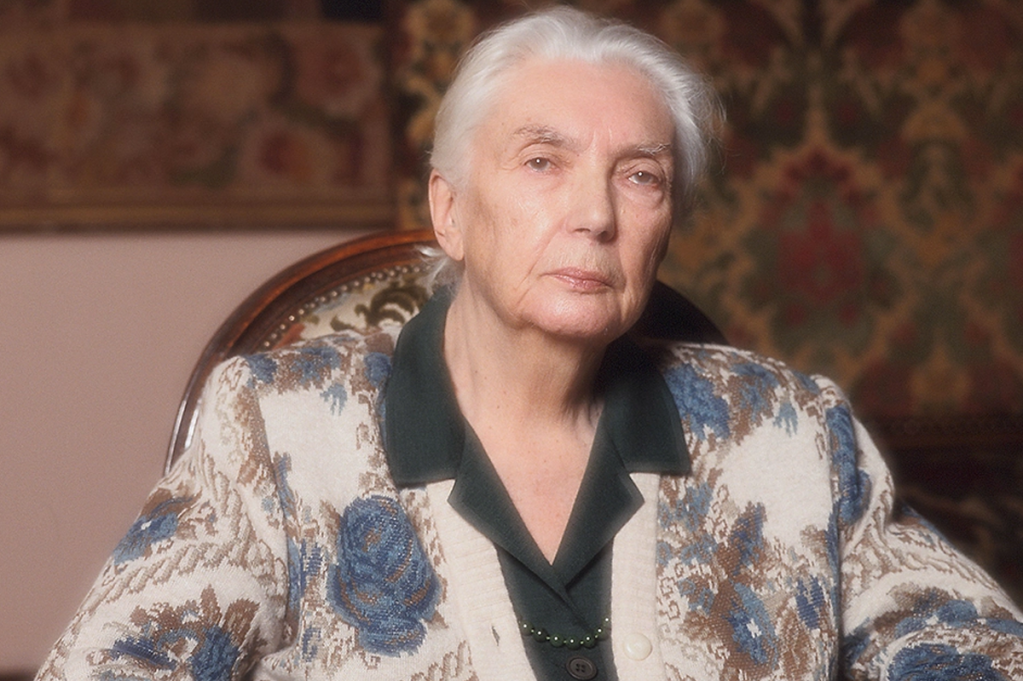The name Lalla Romano is not familiar to English readers. Despite being much acclaimed during her lifetime (and the recipient of Italy’s Strega Prize), works by the novelist, poet and painter have rarely made it out of her native language. Prior to A Silence Shared, masterfully translated by Brian Robert Moore, only one of Romano’s novels had been published in English: the quiet, eerie tale of a childhood revisited, The Penumbra.
In A Silence Shared Romano demonstrates with understated economy why her work deserves to be read alongside other titans of twentieth-century Italian literature such as Natalia Ginzburg, Cesare Pavese and Italo Calvino (all of whom knew and revered her). Her books are often heavily autobiographical and almost exclusively narrated in the first person. This novel, first published in 1957, is the one most closely based on events in her life. Like the narrator Giulia, Romano retreated from Turin to the countryside to avoid the continued bombardments of the second world war. And, like Giulia, she was all but alone: her husband, Stefano, had to remain in the city, and she had only the companionship of “a classic to translate” (although, unlike her fictional embodiment, she also had a son to look after).
On one level, then, A Silence Shared is about wartime lives. Its Italian title, Tetto Murato, refers to the small, isolated farmhouse in which the partisan couple whom Giulia meets — Ada and Paolo — spend a long, freezing winter trying to avoid detection by the occupying German forces and coping with Paolo’s sudden mysterious illness (perhaps, it is implied, the effect of torture at the hands of the fascists). Over the course of the winter, Giulia — with occasional visits from Stefano, in the Resistance — becomes increasingly intimate with the other couple, to the point that they all sleep, shivering in one bed under a “single fur blanket.”
But contained within this wartime narrative (there are mentions of deserting soldiers, the fall of Mussolini and what might happen in the “happy future”) is something else. As the concerns and rules of “real life” seem ever further away, the relationships between the couples deepen, and a “fantastical, unreal” atmosphere develops — as though they “had just walked into a fairytale.” Told with magnificent restraint, and without the tensions ever breaking the novel’s serene, crystalline structure, A Silence Shared is a wonderful taste of Romano’s work — one that could only be improved by the promise of more translations to come.
This article was originally published in The Spectator’s UK magazine. Subscribe to the World edition here.

























